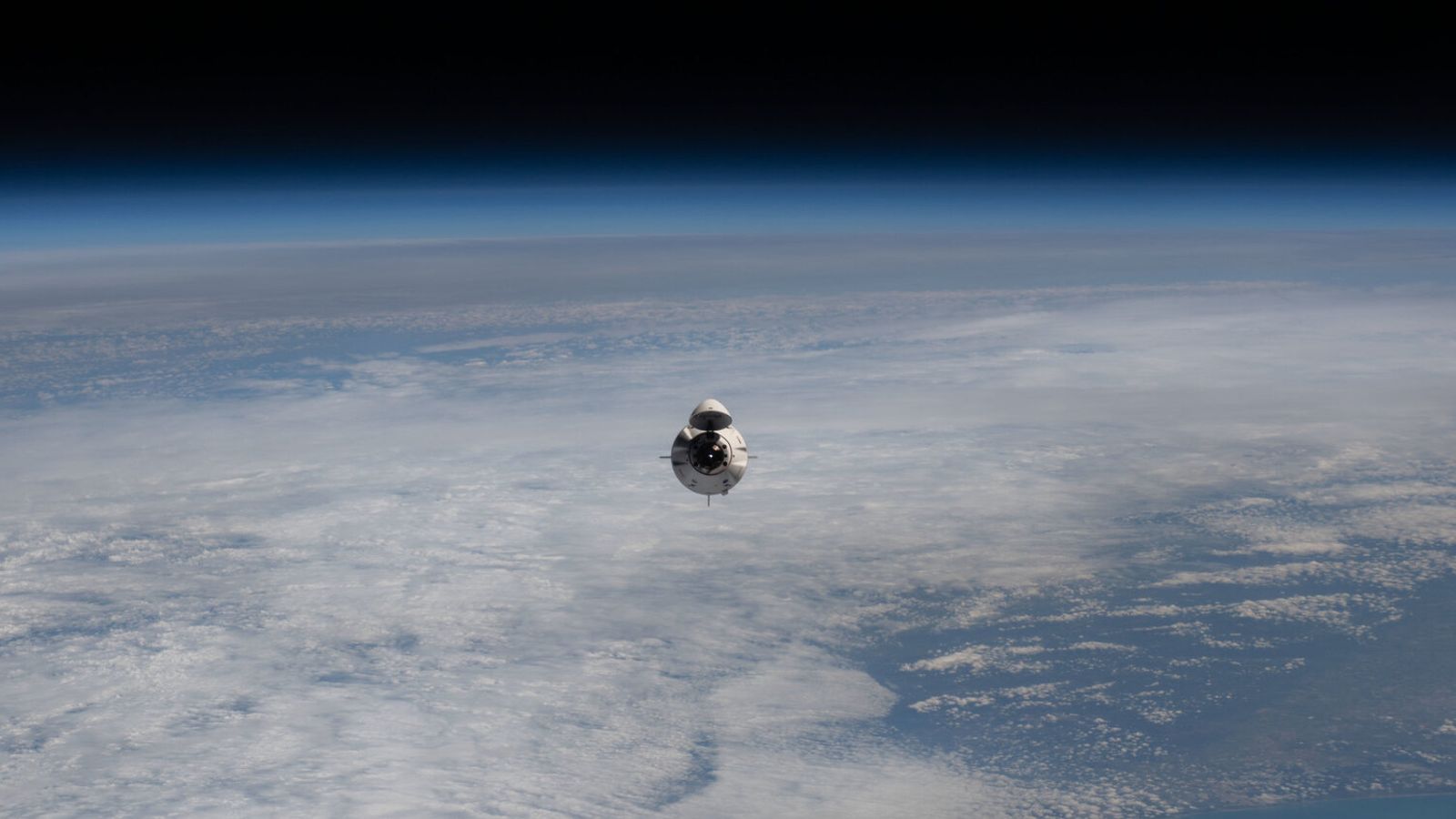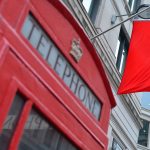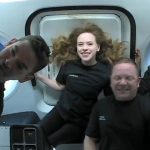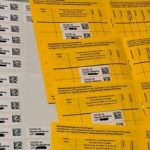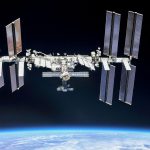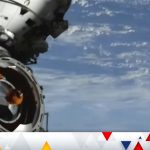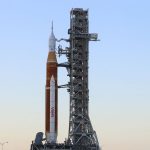The first all-private crew to travel to the International Space Station, comprised of three millionaire businessmen and their former NASA astronaut escort, is returning to Earth today
Their journey to the ISS was meant to last a little over a week but in the end lasted more than two. The astronauts will not be charged extra for their over-stay.
The American, Canadian and Israeli businessmen arrived at the space station on Saturday 9 April after paying $55m (£42m) each for the rocket ride and accommodation.
After more than a fortnight aboard the ISS the Ax-1 crew undocked and began their return to Earth. They are expected to land shortly after 5pm UK time.
Their return had been delayed by bad weather and a number of other issues, including a Russian spacewalk, but NASA said its contract with Axiom meant no additional payments were needed for the delays.
The plan is for the SpaceX Dragon capsule to splash down off the coast of Florida, where the capsule and the crew will be recovered by a specialist team.
The launch was the sixth human spaceflight conducted by SpaceX and the first private launch that it has docked with the ISS.
Millionaire space tourists welcomed aboard space station after paying $55m each
Ukraine war: Russia to halt cooperation on International Space Station over ‘illegal’ sanctions
NASA astronaut’s return aboard Russian capsule shows war on Earth hasn’t soured relations in space
The four businessmen say they are not tourists as they were conducting commercial scientific research while on board.
This research included studies on “self-assembling technology for satellites and future space habitats, cancer stem cell study, and air purification”.
The three paying customers were: Larry Connor of Dayton, Ohio, who runs the Connor Group; Mark Pathy, founder and chief executive of Montreal’s Mavrik Corp; and Israel’s Eytan Stibbe, a former fighter pilot and founding partner of Vital Capital.
Michael López-Alegría, the former NASA astronaut who escorted the men, is Axiom’s vice president of business development. He had previously flown to space four times between 1995 and 2007.
Their mission was also the first ever featuring an all-private crew to travel to the orbital outpost. Axiom says it will not be the last and several more have been proposed.
These missions are part of the company’s roadmap towards building the Axiom Station which aims to be the world’s first private space station in low-Earth orbit.
NASA expects the market for trips to private space stations to take off over the next few years, ultimately leading to the space agency pulling the ISS out of the sky.
The US response to the Russian war in Ukraine has led to the head of Roscosmos pledging to no longer collaborate on the international project.
NASA’s plans, which pre-date the invasion and sanctions, could mean the ISS is taken out of orbit in January 2031 and crashed into a “spacecraft cemetery” in the most remote part of the Earth’s surface.
